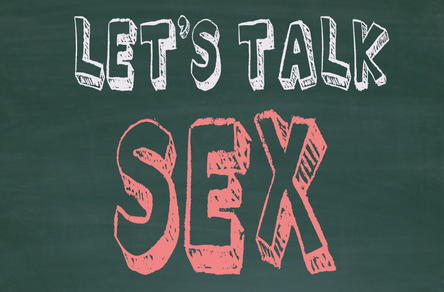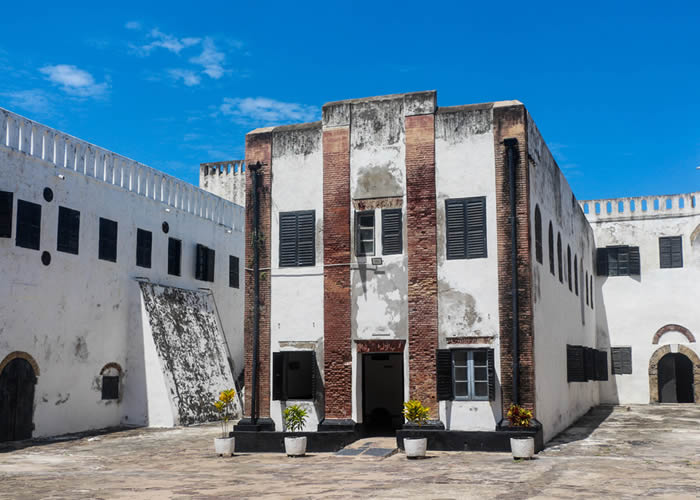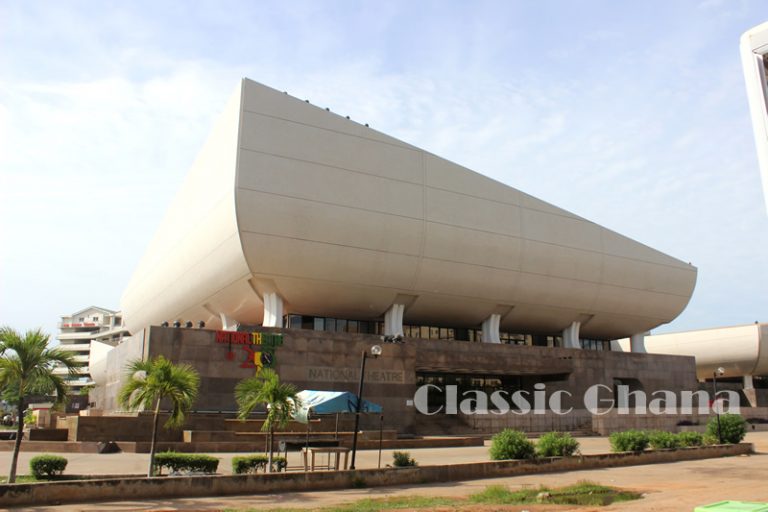Ghana Needs Harmonised Curriculum On Sexual And Reproductive Health – NGO
- Home
- Ghana Needs Harmonised Curriculum On Sexual And Reproductive Health – NGO

Ghana Needs Harmonised Curriculum On Sexual And Reproductive Health – NGO
 Ghana needs a harmonised curriculum on sexual and reproductive health education in schools to help address challenges confronting the growth and development of adolescents,
Ghana needs a harmonised curriculum on sexual and reproductive health education in schools to help address challenges confronting the growth and development of adolescents,
Youth Harvest Foundation Ghana (YHFG), a youth focused organisation has advocated.
It said when sexual and reproductive health education were mainstreamed into the curriculum of schools, accurate information of adolescents’ sexuality would be standardised and students would be equipped to make informed decisions regarding their sexual and reproductive life.
“When Sexual and Reproductive Health Education is mainstreamed into our school curriculum, age appropriate, quality and standardised information will be provided in schools, students will be empowered and will be confident to take decisions that boarder on their health especially on their reproductive health rights issues,” they said.
Mr Albert Apotele Nyaaba, the Project Officer, YHFG, made the call in Bolgatanga, Upper East Region, at an inception meeting with selected journalists in the region and North East Region.
This, he said, would help prevent adolescent related challenges including teenage pregnancies, child marriage and infections among others and contribute to socioeconomic development, reduce poverty and attain the Sustainable Development Goals (SDGs).
The meeting was part of its advocacy drive dubbed, “evidence to action project: Sexual Health Education Project (SHEAP)”, being funded by the Swedish Association for Sexuality Education (RFSU), a Swedish based non-profit organization.
The goal of the project was to produce data, and evidence and to support government through the Ministry of Education and the Ghana Education Service (GES) to adopt and roll out an integrated adolescent health education curriculum in schools.
The inception meeting was therefore meant to enable media practitioners fully understand, appreciate and prioritise issues of adolescent sexual reproductive health and rights and report accurately to support the advocacy drive.
Mr Nyaaba said teenage pregnancies, child marriage and infections continued to hinder the growth and development of young people and attributed the cause to lack of accurate information to enable them make informed decisions and stand firm for their rights.
He said statistics from the District Health Information Management System of the Ghana Health Service indicated that in 2020, 109,888 teenage pregnancies (10-19 years) were recorded in the country.
He said out of the 18,928 people who had infections including; Sexually Transmitted Infections and HIV/AIDS in 2020, 5,211 were young people and added that the situation was retarding their development especially girls and needed to be addressed.
Mr Albert Akafari, Project Manager, YHFG, noted that sexual and reproductive health education was a basic right that all young people needed to desist from engaging in risky sexual behaviours.
He therefore called on stakeholders to support the advocacy to ensure that issues of adolescents’ development were mainstreamed into the school systems to provide the needed knowledge to young people.
Mr David Ayine, the Executive Director, YHFG, said his outfit, apart from working to strengthen the capacity of key stakeholders, communities, young people and policy makers, had partnered other Civil Society Organisations to support the advocacy drive and implement actionable policies to address adolescents sexual and reproductive health and rights.
Source: GNA
- Share
Classic Ghana
Classic Ghana brings you into a fun world of arts, entertainment, fashion, beauty, photography, culture and all things in between. Let’s explore these together!







